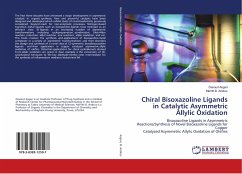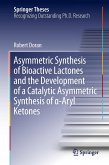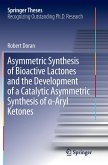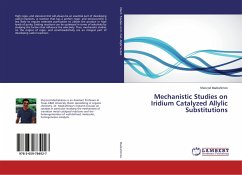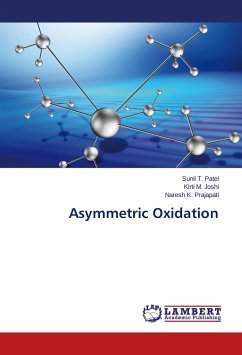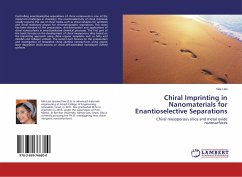The Past three decades have witnessed a major development in asymmetric catalysis in organic synthesis. New and powerful catalysts have been designed and developed which exhibit levels of enantioselectivity previously considered beyond reach for non-enzymatic processes. Nitrogen-based transition metal ligands such as bisoxazoline ligands have emerged as an efficient class of ligands in an increasing number of asymmetric transformations including cyclopropanation, aziridination, Diels-Alder reaction, reduction, aldol reaction, ene reactions, allylic oxidation, and etc. This book reviews the synthesis and applications of bisoxazoline-metal complexes in a variety of asymmetric transformations and then describes the design and synthesis of a novel class of C2-symmetric biarylbisoxazoline ligands and their application in copper catalyzed asymmetric allylic oxidation of olefins. Potential applications for chiral cycloalkenols derived from allylic oxidation are great. A clear example isthe conversion of (S)-cyclohexenyl benzoate to the key aldehyde-methyl ester intermediate for the synthesis of inflammation mediator leukotriene B4.
Bitte wählen Sie Ihr Anliegen aus.
Rechnungen
Retourenschein anfordern
Bestellstatus
Storno

